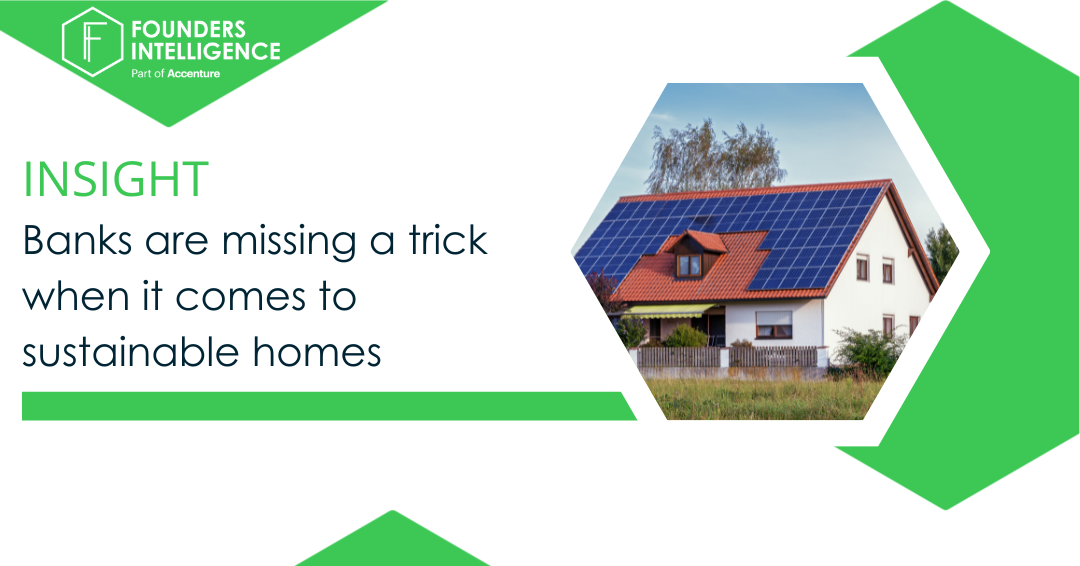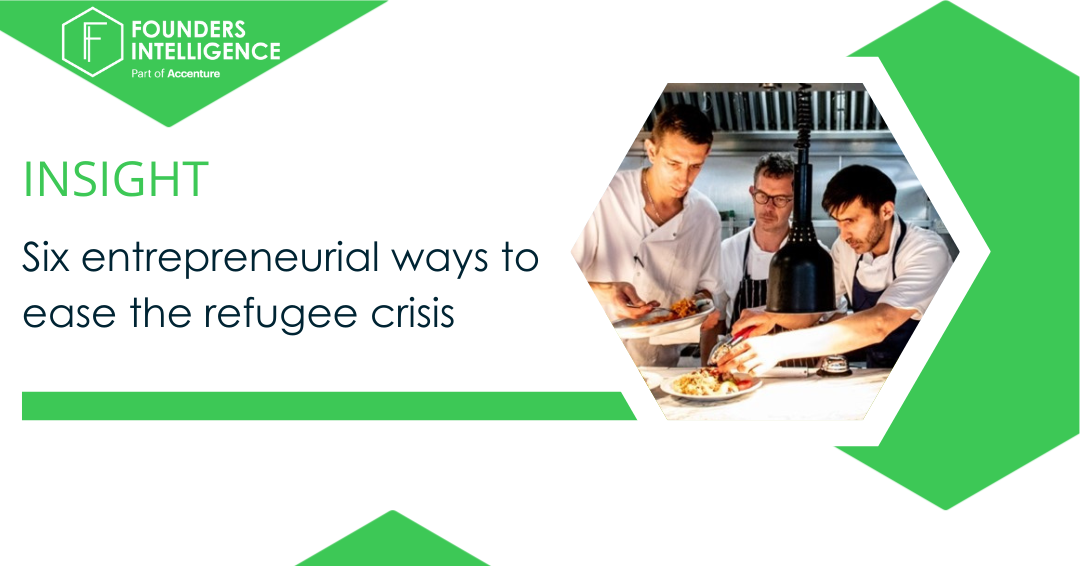myfirstminute in conversation with Niklas Zennström
Another fascinating myfirstminute conversation, this time with Niklas Zennström, CEO and founding partner Atomico, one of Europe’s most active venture firms, and co-founder of Skype, Kazaa and Joltid.
Niklas founded Skype in 2003 (17 years before video conferencing became essential to keep the lights on) and sold it twice: first to eBay in 2005 and then to Microsoft in 2009. He founded Atomico in 2006 to partner with European entrepreneurs who tackle big challenges using digital technologies.
Niklas is one of the most prominent faces in the European tech scene and is particularly passionate about tackling climate change and making our economy more sustainable. Together with his wife, he founded Zennström Philanthropies to support projects in the fields of climate change and human rights.
At Founders Intelligence, we help business leaders reinvent their industries by tapping into insights from the tech and venture world; below are our key take-aways from the conversation with Niklas Zennström:
Entrepreneurs looking to disrupt concentrated industries need to first understand incumbents
- Niklas’ first company Kazaa, a P2P file sharing company, ran into a series of legal challenges — it is particularly difficult to build a viable business and raise capital if you have litigious counterparts in your industry.
- Skype had a clear case to disrupt the telecom industry as tariffs were not adjusted to a digital infrastructure and there was no natural monopoly; disruption was achieved by bottom up consumer demand for Skype’s disruptive product, which telco’s could not control. However, this then brought the telco’s to the negotiating table which led to Skype partnering with the wholesale divisions of telecom incumbents, creating a win-win situation by increasing traffic for telcos.
There’s no longer a trade-off between optimising commercial returns and having a positive impact. Rather, companies with unethical business practices and without a clear positive impact won’t survive.
- Acting sustainably and ethically used to be counterintuitive for for-profit businesses given pressure to drive shareholder value above all; this leads to short-term thinking and, in many cases, a negative impact on the environment.
- Consumers are now opting for sustainable products and services and demand transparency and ethical business practices — and so are investors.
- The shift is trickling through the supply chain: Large corporates are increasingly only working with sustainable suppliers and are conscious about who they engage with.
- Companies without a sustainability purpose increasingly struggle to attract top talent as the smartest people now refuse to work for unethical companies.
Entrepreneurs and business leaders need to take a long-term view and have a clear vision what the world will look like in the future.
- As an investor, Niklas looks for entrepreneurs who take a long-term view and have a clear vision of what the world will look like in the future. He is specifically looking for individuals who can articulate their vision clearly and have a clear path on how to get there; great leaders come in all shapes, sizes, talents and demeanors but this passion and clarity distinguishes the winners who inspire great teams.
- Many corporates, but especially family-owned businesses, are increasingly taking longer-term views and are aware they will struggle if without a clear vision of how they can contribute to tackling climate change.
Niklas also shared that while he’s looking forward to personal interactions after the lockdown, he will travel less in the future in order to really focus on quality interactions when travelling. We definitely look forward to spending some quality time with him at the next Founders Forum.


